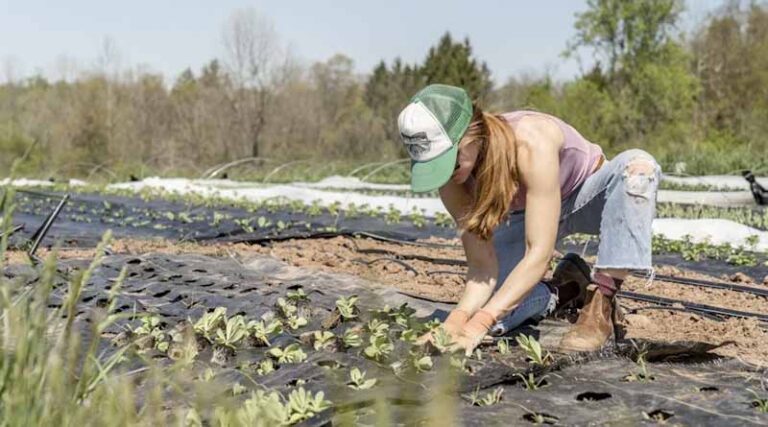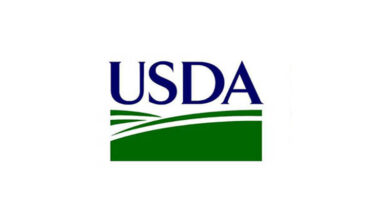
International Year of the Woman Farmer 2026: Recognizing Women’s Role in Global Agriculture
27 August 2025, New Delhi: The United Nations has officially declared 2026 as the International Year of the Woman Farmer, placing global attention on the vital contributions of women in agriculture and food systems. This landmark initiative, supported by the Food and Agriculture Organization of the United Nations (FAO), aims to highlight the challenges faced by women farmers and to promote policies that ensure gender equality in farming communities across the world.
Why 2026 is Dedicated to Women Farmers
Women play a central role in food production and rural development, yet their work is often undervalued and underrepresented. From smallholder farms in Asia and Africa to rural communities in Latin America and beyond, women contribute significantly to crop cultivation, livestock rearing, food processing, and household nutrition.
Declaring 2026 as the International Year of the Woman Farmer is not only about celebrating these contributions but also about driving change. The initiative will serve as a platform to bring attention to systemic barriers—such as lack of access to land rights, finance, technology, education, and decision-making power—that continue to hold women back in agriculture.
FAO and Global Collaboration
FAO, along with other UN Rome-based agencies, will coordinate activities throughout 2026. Governments, civil society, private organizations, and academic institutions are expected to collaborate on initiatives that recognize women’s work and provide solutions for empowering them.
The observance is expected to generate momentum for gender-responsive policies, investment in women-led agricultural enterprises, and innovative approaches to improve women’s access to markets and resources.
The Economic and Social Impact of Women Farmers
According to FAO, women make up nearly half of the global agricultural workforce. Studies have shown that if women farmers had the same access to resources as men, agricultural productivity could rise by 20–30%, potentially reducing global hunger by up to 150 million people.
Beyond economics, women farmers are the backbone of household food security, nutrition, and rural community resilience. Their work sustains not only families but also contributes significantly to national and global economies.
A Step Toward Gender Equality in Agriculture
The International Year of the Woman Farmer 2026 will shine a light on stories of resilience, leadership, and innovation from rural women across the world. It will also encourage dialogue on breaking cultural, social, and economic barriers that prevent women from achieving their full potential in agriculture.
FAO emphasizes that empowering women farmers is a critical step toward achieving the Sustainable Development Goals (SDGs), particularly those related to zero hunger, gender equality, poverty eradication, and climate resilience.
As the world prepares to mark 2026 as the International Year of the Woman Farmer, it presents an opportunity to reimagine agriculture as a more inclusive, equitable, and sustainable sector. By recognizing women’s contributions and addressing long-standing inequalities, global leaders and communities can take meaningful steps toward ensuring food security and rural prosperity for future generations.
Also Read: Possible Decline in Wheat Production in India, Says Agriculture Minister
📢 If You’re in Agriculture, Make Sure the Right People Hear Your Story.
From product launches to strategic announcements, Global Agriculture offers unmatched visibility across international agri-business markets. Connect with us at pr@global-agriculture.com to explore editorial and advertising opportunities that reach the right audience, worldwide.






